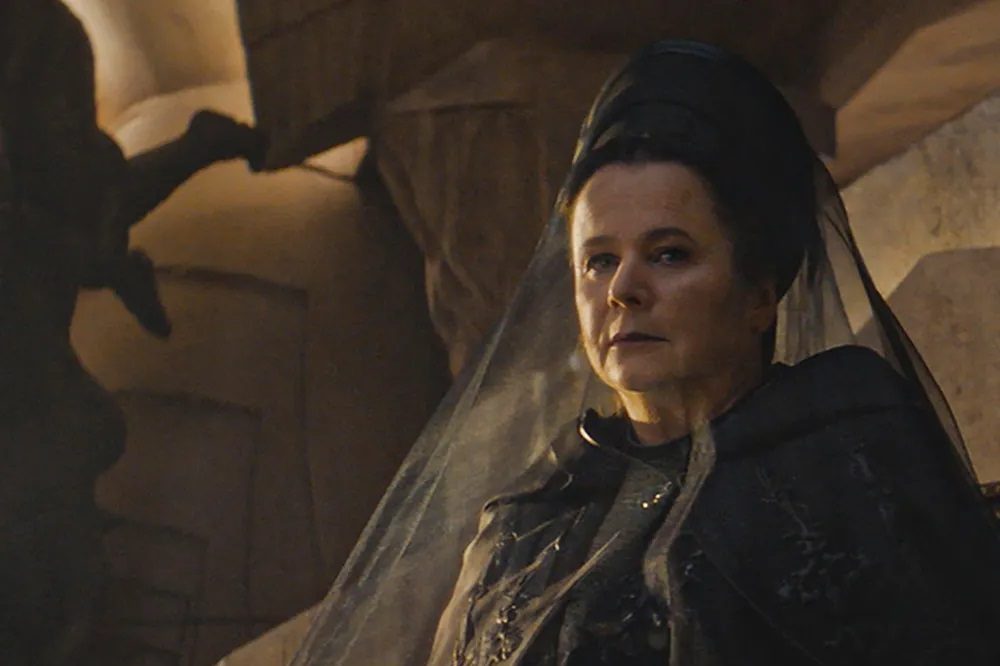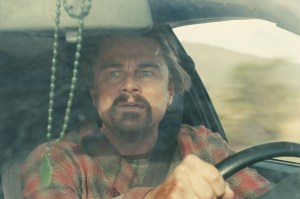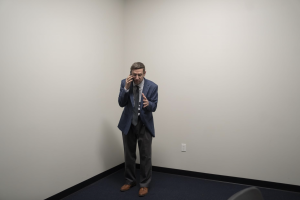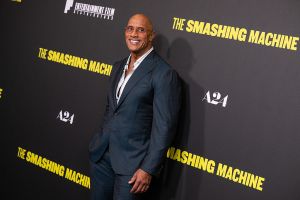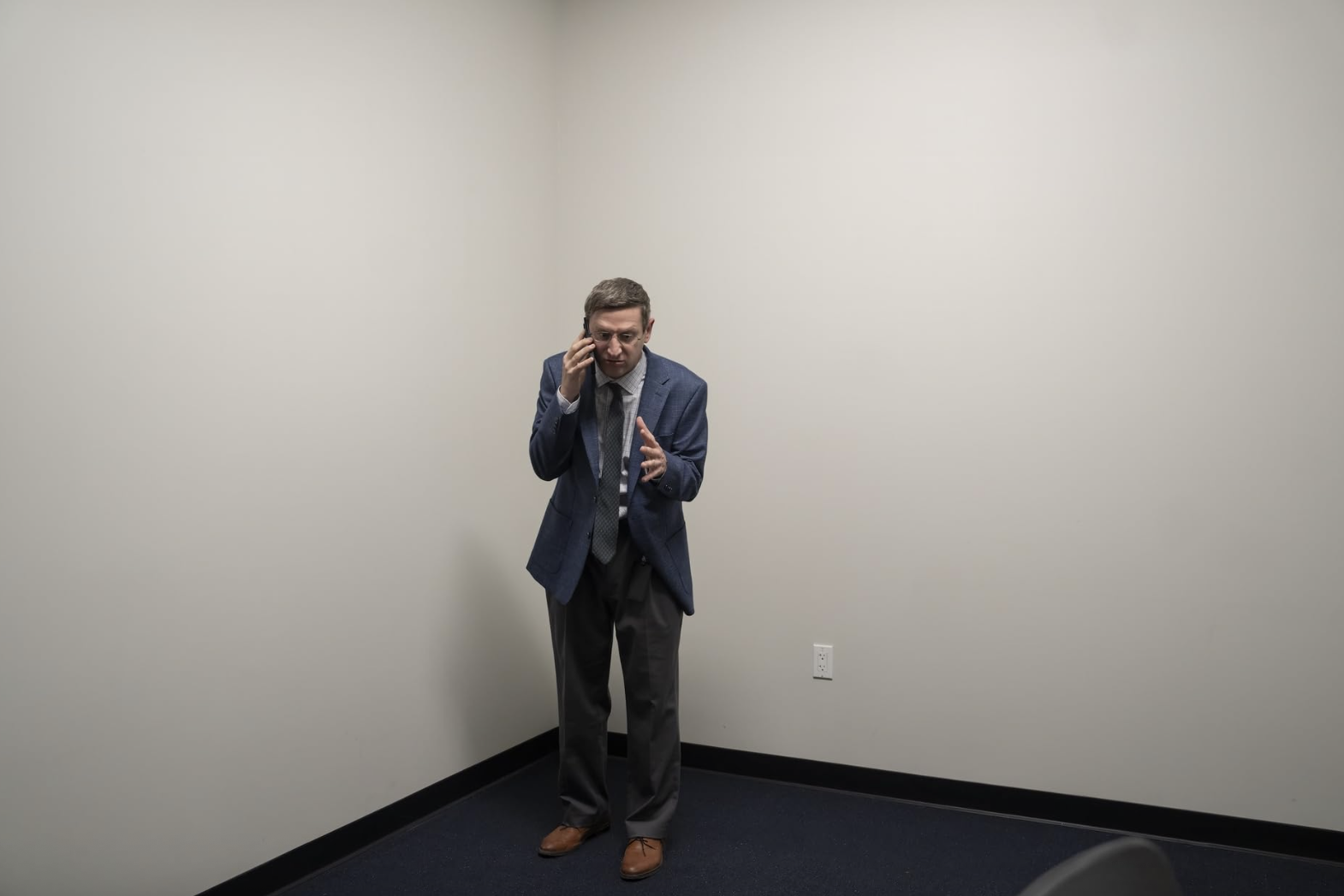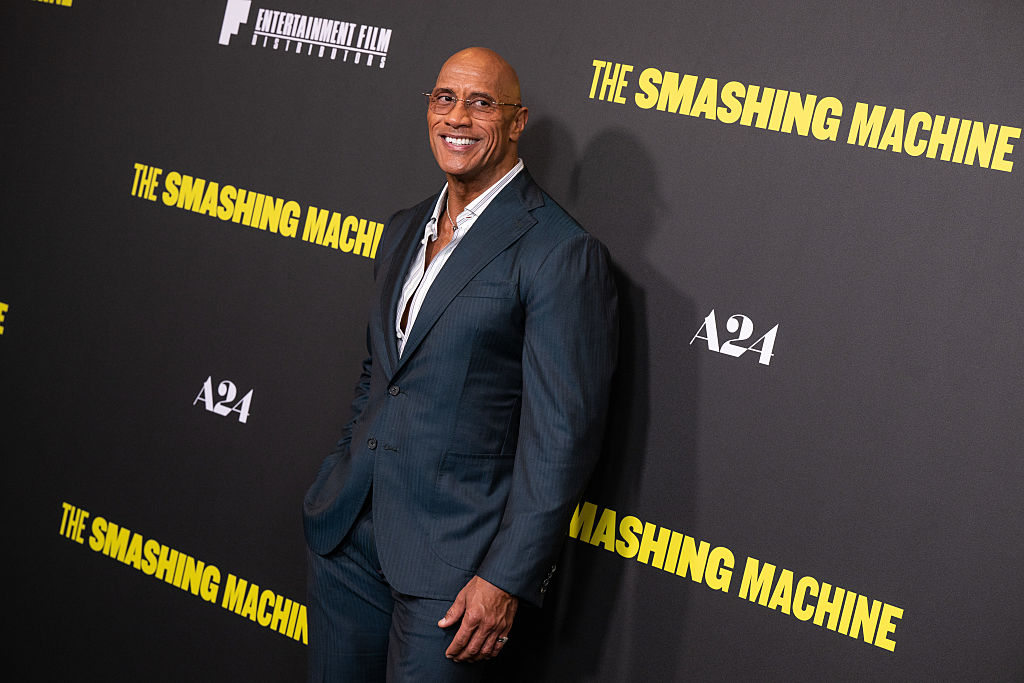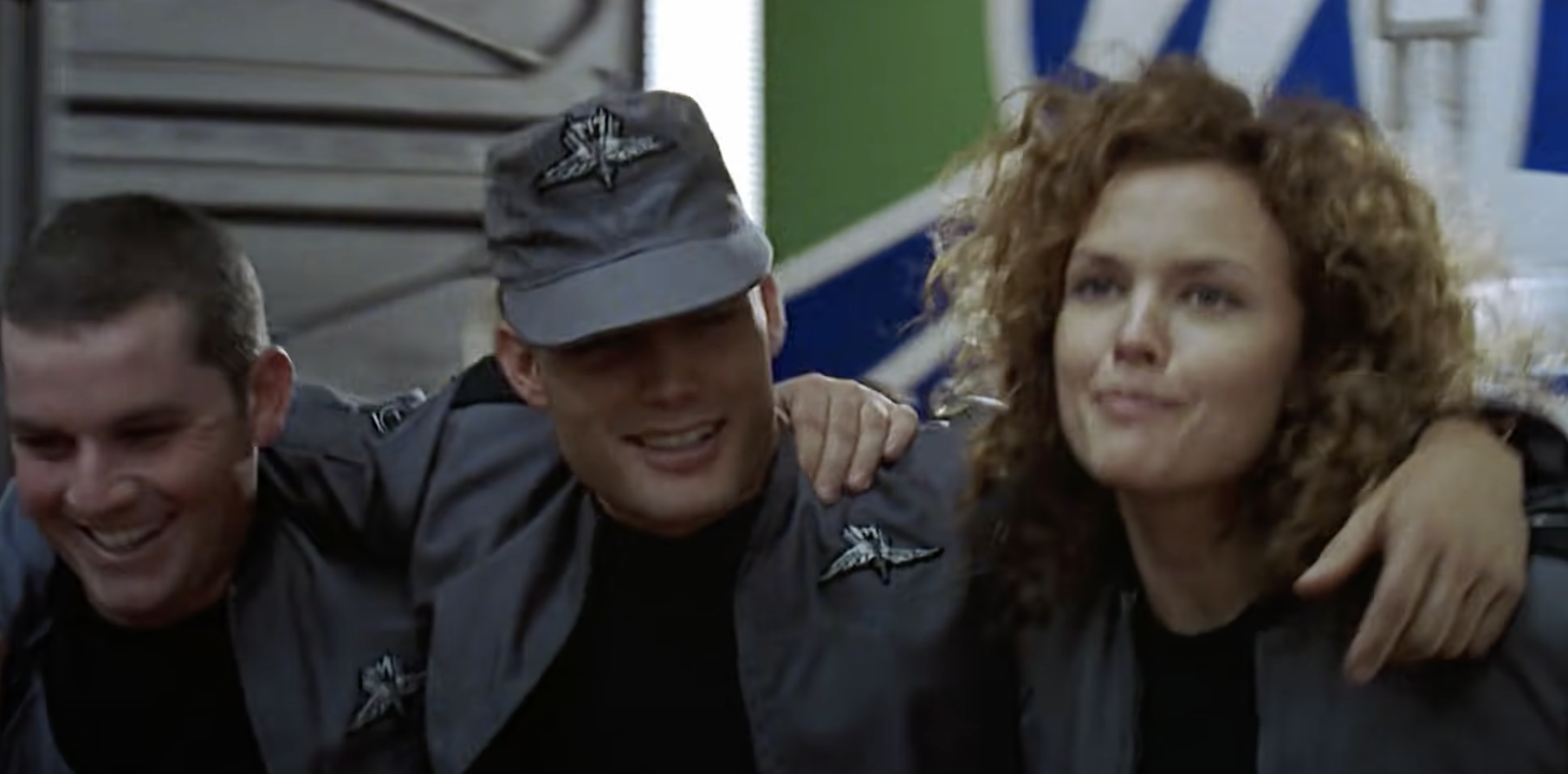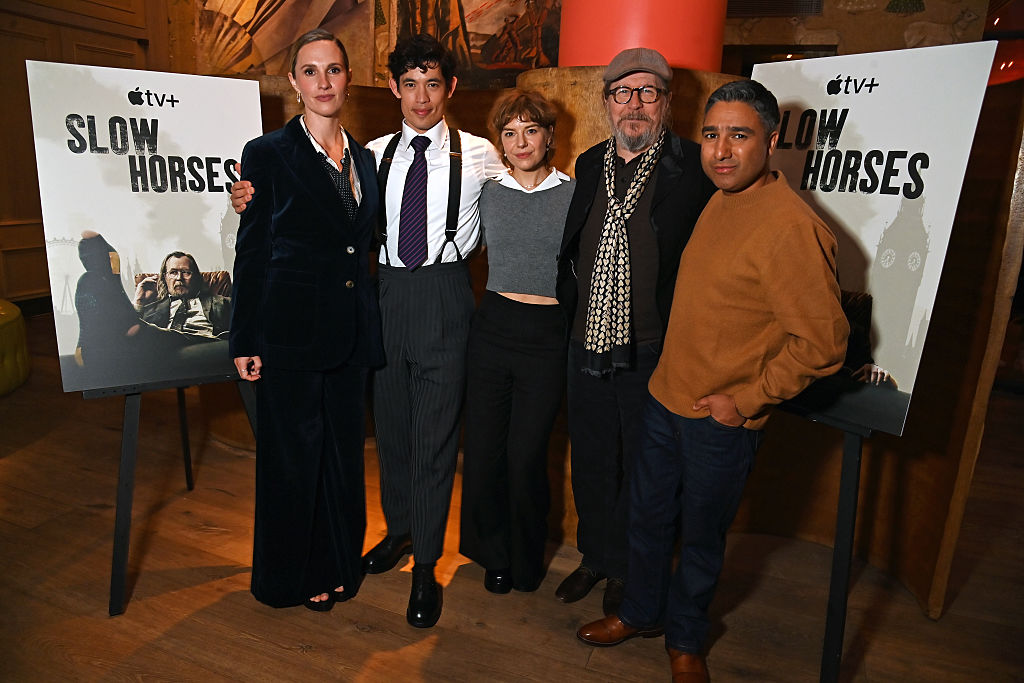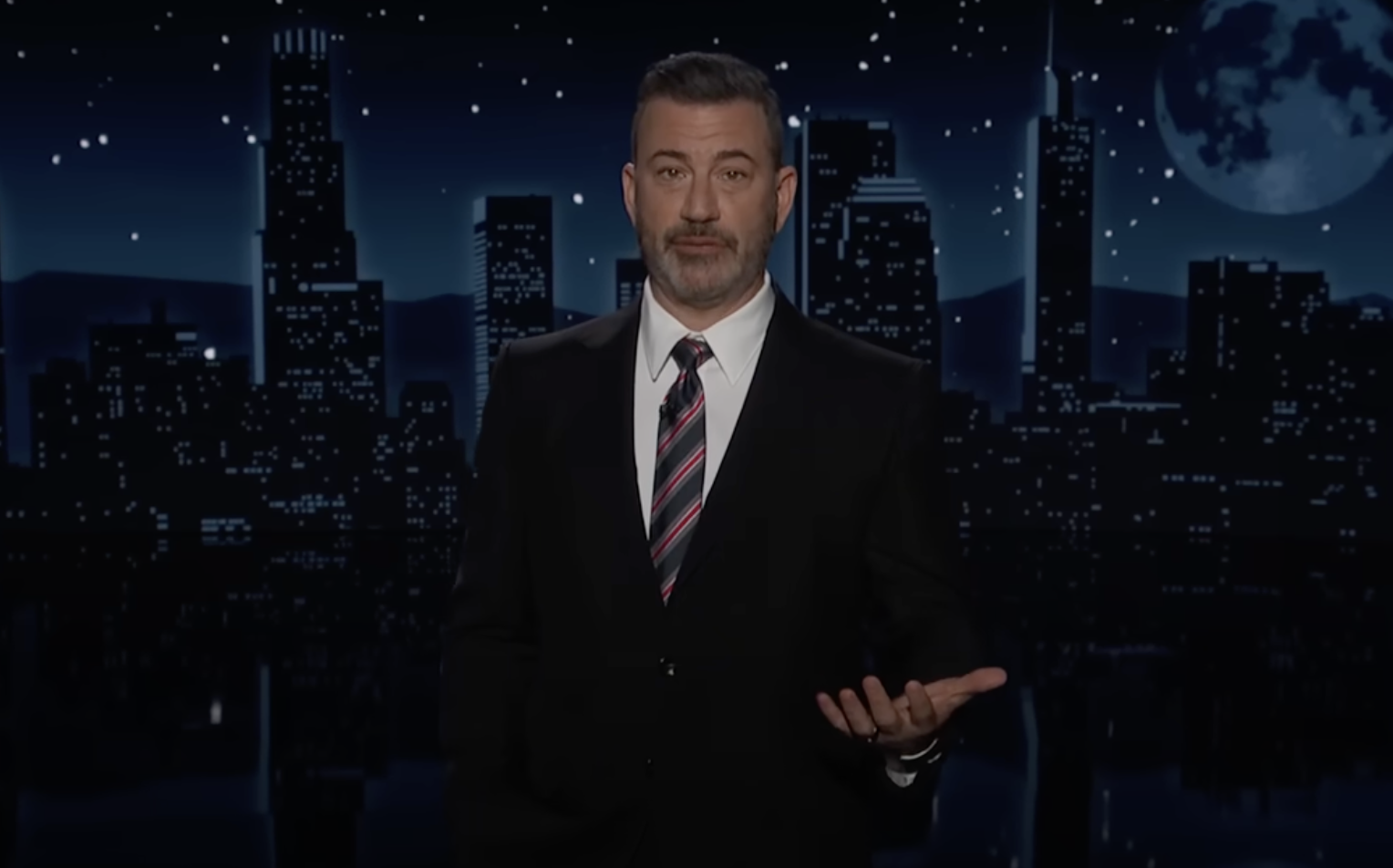Do you remember that nagging sense of mild disappointment as you sat through Dune 2? You’d been impressed by Dune: bit of a recondite plot if you hadn’t read the book but great to look at, with an austere art-house aesthetic, like Star Wars for people with an IQ. But then the sequel sold out. It turned a minor character from the book into the heroine of a stereotypical Hollywood romance, which not even the excitement of the sandworm-riding scenes could quite redeem.
No disrespect to Brian Aldiss, but I think of ‘Brian’ as a sort of joke name
Anyway its latest screen incarnation, Dune: Prophecy, is worse, much worse. To give you an idea of how bad it is, its original title was Dune: Sisterhood (before presumably someone realized: “Is that really the ideal marketing tool in a genre mainly enjoyed by young males who aren’t that much interested in watching empowered womenfolk being stunning and brave?”). And it’s based on a book by someone called Brian Herbert (son of Dune creator Frank).
No disrespect to Brian Aldiss, whose sci-fi books I haven’t read and is probably the great exception to my Brianist rule. But generally, I think of “Brian” (as did the Monty Python team) as a sort of joke name. Brian Cant from Play Away; Brian the Snail from The Magic Roundabout; Brian Eno from Roxy Music; Brian Blessed from Flash Gordon. I’m not suggesting that they are not lovable (well, apart from that annoying suburban snail, which I always loathed) or entertaining characters. But I wouldn’t trust anyone with that name to write a halfway decent sequel or prequel to one of the best-selling sci-fi novel series ever.
Nor, by the look of Dune: Prophecy, did he. Whereas his dad’s books (judging by the Denis Villeneuve movies) are complex, multi-layered, erudite, allegorical and deep to the point of incomprehensibility, Brian’s effort feels like Harry Potter set in space but minus J.K. Rowling’s plotting ingenuity or the comical distraction of an irritant like Dobby the House Elf.
Space Hogwarts is the monastery, towering dramatically over an otherwise pitilessly barren, rocky planet, wherein live the sisterhood of space witches called the Bene Gesserit. In the movies, they remained veiled and mysterious, communicating with cunning finger gestures, capable of killing you with their special scary shout-voice and generally ruling the empire from behind the scenes while pretending to be dignified nuns. “Who are these women? Where did they come from?” you wondered. But it was never explained.
And rightly so, because now that it has been explained — by Brian — you rather wish it had remained a secret. Dune: Prophecy (set 10,000 odd years before Dune) is essentially the origin story of the Bene Gesserit and it’s really, really dull. One of the abbesses has a vision of something apocalyptic which requires her successor Valya Harkonnen (Emily Watson, realizing, too late, what a terrible mistake her agent has made but acting her socks off in the hope no one notices) to do dramatic, powerful and desperate things to stop the prophecy coming true… or something.
Not that the threadbare, hackneyed plot matters. It’s just used as a peg on which to hang various bloody set pieces in spectacular computer-generated exteriors and interiors, interspersed with explanatory scenes of wordy intrigue whose importance is signaled by the characters saying stuff with a tortured expression, the camera lingering on them while portentous music stabs you out of your bored stupor.
The dialogue, when it’s not being crudely expository, is flat or clichéd. Here are some samples. Spoken by a princess, or some such: “We are all just pieces on the board to be played in the pursuit of power.” Spoken by one of chief baddies: “There are things that I can do. Beautiful… terrible things.”
Come on! Surely with whatever budget it had — which must have run into the gazillions — they could have acquired a script team more capable than that? And surely, while they were about it, they could have acquired young actors who can act convincingly in every scene, rather than just the ones where they snort space drugs and then enjoy languorous space sex. None of them can, unfortunately, which is cruelly revealed when they’re up against say, Mark Strong (slumming it here but I doubt he cares).
When I was young, about ten, I remember looking forward to a future where the special effects would get so good that you’d be able to depict anything on screen — from World War Two battles to distant planets — as if you were actually there. Now we’ve finally arrived but at a terrible cost: while fantasy has never looked more spectacularly realized and life-like, the standards of plotting, dialogue and character (see also Rings of Power, House of the Dragon, etc) have rarely felt so dire.



